UNEP-led aquaculture project to complement marine conservation initiatives
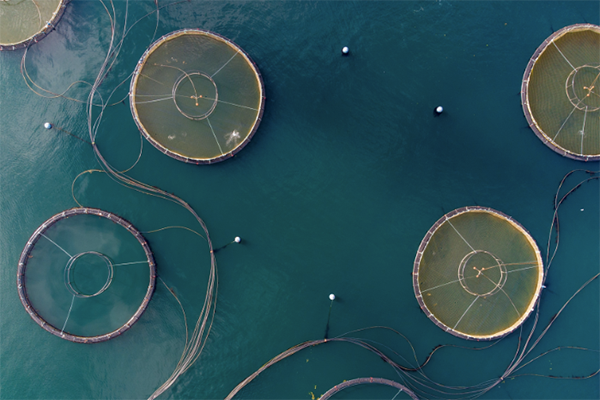
In 2015, Palau designated 193,000 square miles of its maritime territory a protected reserve, where no fishing can occur. While it’s helped protect marine life, it has also created a challenge: How can the country ensure its focus on conservation does not come at the expense of job creation and economic growth?
Palau, with support from the United Nations Environment Programme (UNEP), is examining one possible solution: aquaculture. The country’s officials are hoping to build an environmentally friendly aquaculture industry, which will provide jobs and ensure its 18,000 residents are not dependent on wild fish stocks.
“Palau’s aquaculture industry has huge potential,” said Tsunghan Lee, an aquaculture consultant who works for the Palau government. “But it is still nascent. There are only two commercial-scale aquaculture farms, which produce fish for bait, and eleven fish farms at sea.”
The country has one of the most biologically diverse underwater ecosystems globally. Yet unsustainable development practices, the impacts of climate change, overharvesting of natural resources and ongoing expansion of tourism represent significant threats to Palau’s environmental quality and biodiversity.
“Many of the human-induced ecosystem changes currently occurring on and around these fragile islands are irreversible,” Sang Jin Lee, task manager within the UNEP – Global Environment Fund Biodiversity Unit.
These issues extend to the country’s aquaculture industry, which according to Sang Jin Lee has suffered from limited planning, capacity and coordination: “This has often resulted in unintended ecosystem impacts, and mismatches in seedling production, needs, and sites for aquaculture farms,” he said.
The UNEP-led project will guide the development of the aquaculture sector to complement Palau’s legacy of marine biodiversity conservation.
“When developed responsibly, aquaculture represents a significant opportunity to simultaneously meet the three pillars of the UN Sustainable Development Goals: ending poverty and hunger and promoting prosperity, while protecting the planet from degradation,” said Lee.
Follow the Advocate on Twitter @GSA_Advocate
Now that you've reached the end of the article ...
… please consider supporting GSA’s mission to advance responsible seafood practices through education, advocacy and third-party assurances. The Advocate aims to document the evolution of responsible seafood practices and share the expansive knowledge of our vast network of contributors.
By becoming a Global Seafood Alliance member, you’re ensuring that all of the pre-competitive work we do through member benefits, resources and events can continue. Individual membership costs just $50 a year.
Not a GSA member? Join us.
Author
-
Responsible Seafood Advocate
[103,114,111,46,100,111,111,102,97,101,115,108,97,98,111,108,103,64,114,111,116,105,100,101]
Tagged With
Related Posts
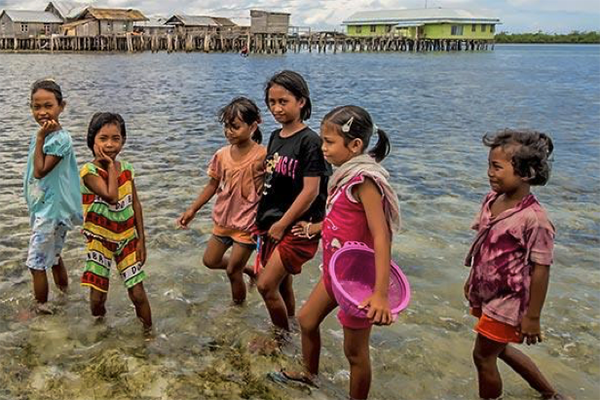
Fisheries
USAID invests in small-scale fisheries and aquaculture
U.S. development agency announces 24 new initiatives, including small-scale fisheries and aquaculture projects, during the Our Ocean Conference.
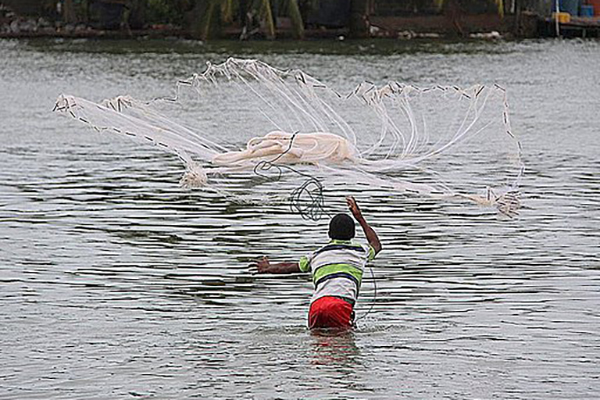
Responsibility
Norway and FAO to help strengthen aquaculture and fisheries in Sri Lanka
FAO and Norad are helping develop the aquaculture and fisheries in Sri Lanka, with issues including IUU fishing and climate change.
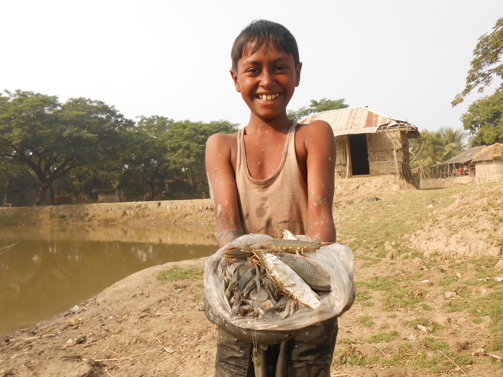
Responsibility
Prawn and shrimp farm industry ‘crucial to public health and prosperity’ in Bangladesh, study says
A new study indicates that the prawn and shrimp farm industry in Bangladesh offers local health, economic and environmental benefits.
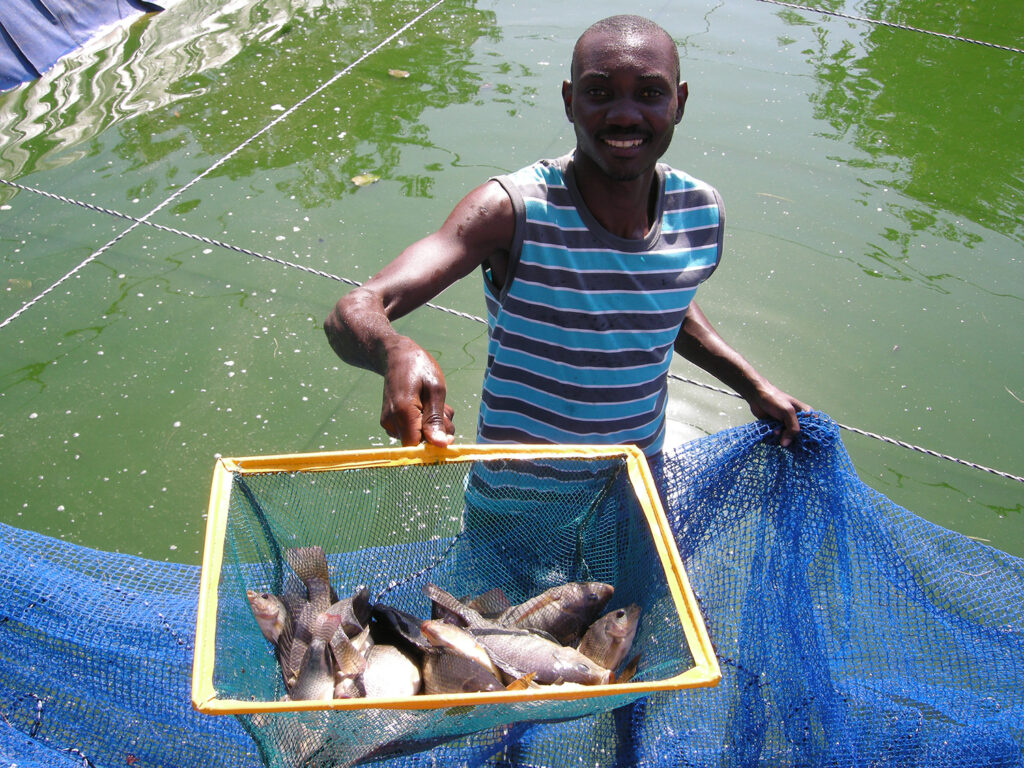
Innovation & Investment
Investors envision a connected sub-Saharan African tilapia farming industry
Inaugural Aqua Insights report encourages investment in Aqua-Spark's Africa Fund to kickstart a new era of tilapia farming for the region.



